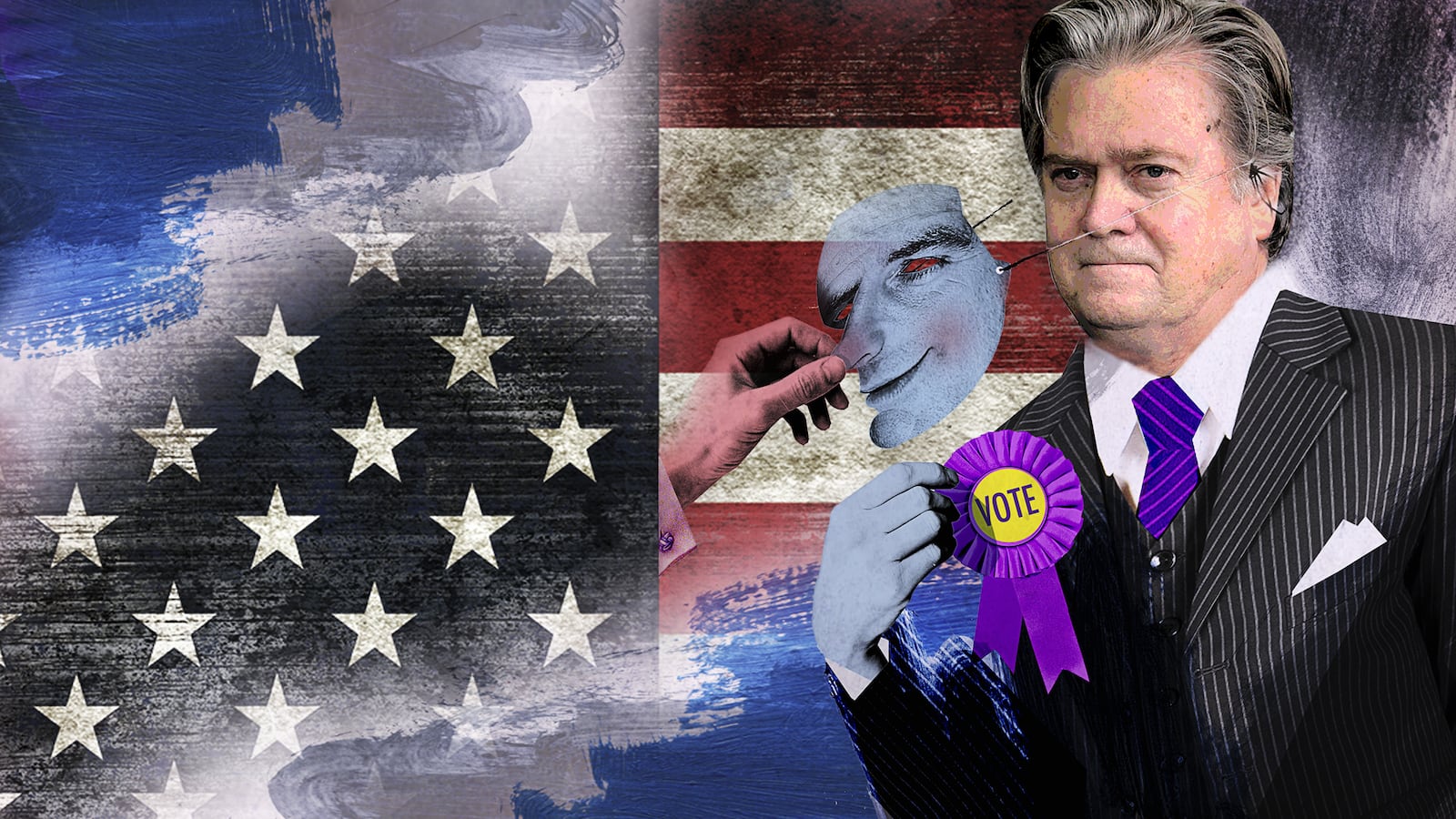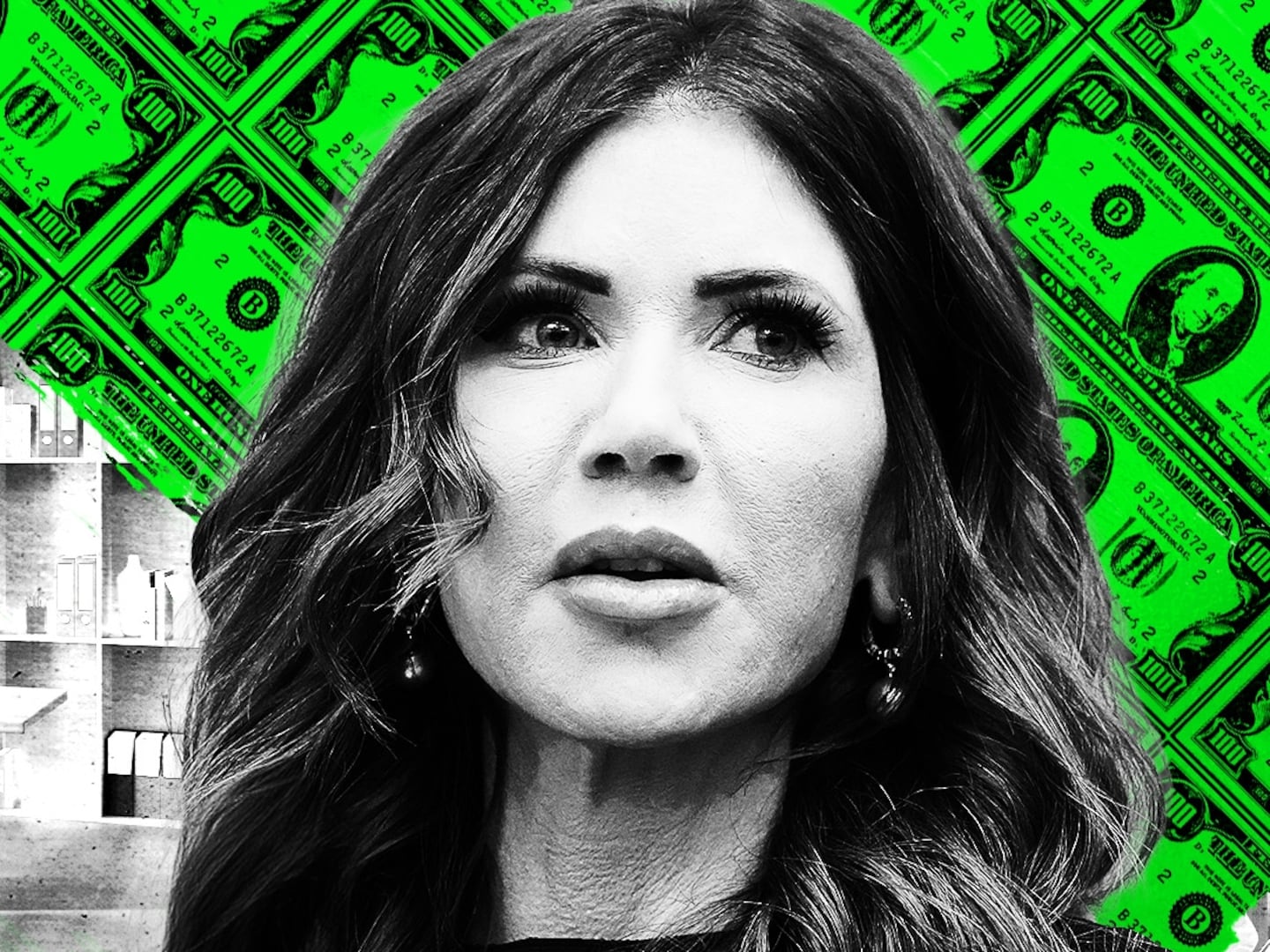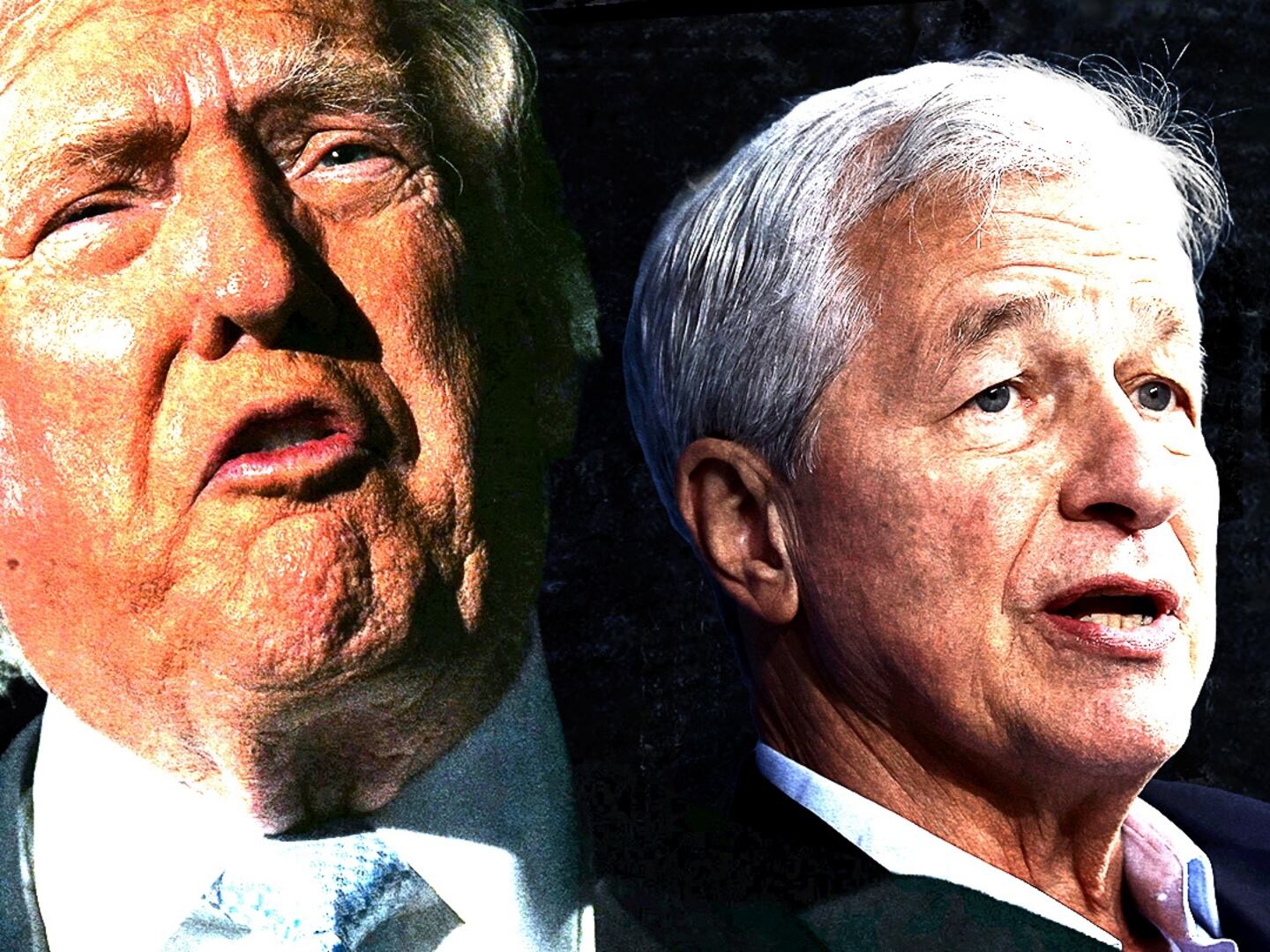In the weeks since getting ousted from the Trump White House, the president’s one-time chief strategist Steve Bannon has huddled with his closest advisers, political allies, and benefactors to sketch a path forward toward his goal of purging the Republican Party.
In various meetings, lunches, and brainstorming sessions, Bannon and his team have began developing, what one GOP source labelled, a “shit list”—a group of Republican lawmakers they want to attack and potentially run primaries against.
According to those close to Bannon, lawmakers in the crosshairs will include the conservative #NeverTrump contingent and those who became anti-Trump (even if temporarily) in the wake of the news late last year of the Access Hollywood “grab ’em by the pussy” tape.
That has been a longstanding loyalty test in President Donald Trump’s political orbit, so much so that it is known internally as the “Access Hollywood test” or the “October 8 test,” referring to the day The Washington Post first revealed the now infamous tape, on which Trump brags about sexually assaulting women because he’s “a star.” Those who stuck by Trump during the resulting recriminations are deemed to have demonstrated sufficient fealty. Those who didn’t will now have to deal with Bannon, his political network and media flagship Breitbart, trying to take them out.
Policy considerations are also central to Bannon’s calculus in deciding whether to support a candidate for Senate or any other office. Prospective beneficiaries of his political support are smiled upon for having supported President Trump’s populist-nationalist leanings, in particular his positions on trade and immigration issues. Those candidates are also the most likely to butt heads with Republican congressional leadership, which is precisely the point. Under Bannon’s rules, having the backing of Senate Majority Leader Mitch McConnell (R-KY) is not disqualifying. But it is certainly a negative.
“Our goal is to replace the Republican Party of old,” Andrew Surabian, a close adviser to Bannon and an alumnus of the Trump White House and campaign, bluntly told The Daily Beast.
Bannon and his allies are convinced that McConnell has shown too much fealty to Senate procedure and traditions, often to the detriment of the Trump agenda. To earn Bannon’s backing, it helps to voice opposition to the filibuster, which Trump has blamed—erroneously—for the failure of Obamacare repeal legislation.
In private conversations, according to several sources familiar with his plans, Bannon has complained that McConnell and his entrenched establishment cohorts need to be “lit up,” “torched,” and “destroyed.” He’s occasionally used more diplomatic language when on the record, though the message is largely the same.
President Trump and Bannon have not always been on the same side since the latter left the White House. In last month’s Senate Republican primary in Alabama, Bannon backed the controversial former state Supreme Court judge Roy Moore, who went on to unseat the Trump- and McConnell-backed incumbent, Sen. Luther Strange.
But though they found themselves at odds in the race, Trump and Bannon kept open amiable lines of communication. According to two sources with knowledge of their conversations, Bannon and the president talked on the phone during the Alabama primary to discuss the race, where they were coming from, and each of their perspectives on their preferred candidates. A White House official familiar with the call described Trump and Bannon as chatting as “friendly opponents.”
When Moore won late last month, Bannon helped arrange a congratulatory call between the president and the former state Supreme Court chief justice. Trump did not speak to Bannon that night, but Bannon was in the room, smiling and ecstatic, with Moore as the GOP contender talked to Trump on the phone.
The White House press office did not respond to a request for comment on this story. Neither did Bannon. Sources spoke on the condition of anonymity in order to speak freely about private conversations and future plans.
Fresh off a dramatic victory in Alabama, Bannon and his allies now have their eyes on conservative candidates in at least ten other Senate races, including those in Arizona, Mississippi, Missouri, Montana, Nebraska, Nevada, Ohio, Tennessee, West Virginia, and Wisconsin.
Some candidates in those races are already established names in Republican politics, such as Rep. Marsha Blackburn (R-TN), who announced her Senate on Thursday. “We’ve got a very close eye on [her],” a source close to Bannon told The Daily Beast.
In other states, Bannon is looking into boosting lesser known conservatives, such as Wisconsin businessman and Marine veteran Kevin Nicholson, West Virginia Attorney General Patrick Morrisey, and Missouri Attorney General Josh Hawley.
Bannon’s involvement on behalf of three other declared or potential candidates—Arizona’s Kelli Ward, Nevada’s Danny Tarkanian, and Mississippi’s Chris McDaniel—would mean a direct challenge to incumbent Republican senators. Sources say Bannon is also keen to take on Sen. Deb Fischer (R-NE), but that no viable challenger has emerged. “We haven’t found one yet,” another source familiar with Bannon’s agenda said. Fischer had briefly un-endorsed Trump for president after the “pussy” tape emerged.
On Wednesday, another potential Bannon beneficiary emerged: former congressman and convicted felon Michael Grimm, who was spotted at Bannon’s Washington, D.C. hub on Capitol Hill. “Grimm was a fantastic member of the House before the Obama DOJ went after him,” a Bannon confidant remarked, referring to Grimm’s guilty plea on federal tax evasion charges in 2014.
The conversation of an official Bannon endorsement of Grimm, however, has not been had. And Bannon hasn’t made up his mind on throwing any resources his way.
In all though, Bannon’s political network is ascendant, and it sees additional indications of political momentum. A Thursday story in Politico reported that high-dollar Republican donors are increasingly frustrated with the party’s Washington establishment and congressional leaders who, they feel, have been unable to advance any significant policy goals.
The Bannon confidant described their frustration as a prime political opportunity.
“What, do you think those people are just gonna sit on the sidelines?” the source said. “No, they’re changing sides. They’re recognizing that the future of the GOP is this [populist-nationalist] movement, not with those people.”







